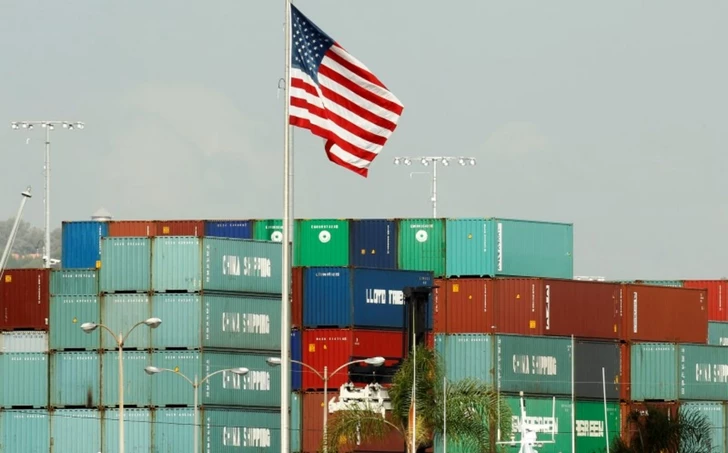Washington, D.C. | July 17, 2025
U.S. President Donald Trump has announced plans to impose uniform import tariffs of 10 to 15 percent on goods coming from roughly 150 smaller countries, signaling a dramatic expansion of his administration’s protectionist trade agenda.
In an interview with conservative network Real America’s Voice, Trump said:
“We’re going to announce a single rate — probably 10% or 15% — for the nearly 150 remaining [smaller] countries. We haven’t decided yet.”
This move would mark a significant extension of the tariff measures unveiled earlier this year. On April 2, Trump introduced a sweeping set of duties affecting imports from 185 countries and territories. Universal tariffs of 10% took effect on April 5, with country-specific rates following on April 9. At the time, the White House also announced a 90-day pause on select retaliatory tariffs to allow for trade negotiations.
According to the administration, countries that failed to reach individual trade agreements with Washington during that window would be notified of revised bilateral tariff terms. That notification process began in late June, and the updated duties are set to take effect on August 1.
The president has indicated some flexibility, noting that deadlines could be extended in select cases if talks are progressing.
A Strategic Shift in Trade Policy
Analysts say the move reflects the Trump administration’s renewed focus on “unified leverage” against what it sees as an imbalanced global trade system. Smaller nations — many of which have enjoyed duty-free or low-tariff access to the U.S. market — are now being pulled into a broader framework of bilateral negotiation or blanket tariffs.
While Trump has not disclosed which countries will be affected, trade officials say the policy is likely to hit nations in Africa, Southeast Asia, and parts of Latin America that have previously relied on preferential access under programs like the Generalized System of Preferences (GSP).
Critics argue the approach could destabilize fragile economies and strain diplomatic relations. Others warn it may raise costs for American businesses and consumers by limiting access to lower-cost imports.
However, Trump’s supporters argue that the move is long overdue. They see it as a way to compel foreign governments to strike new trade deals that favor American industry and workers.
Whether the blanket tariffs will lead to meaningful renegotiations — or trigger further retaliatory measures — remains to be seen. What’s clear is that Trump’s America First trade doctrine is entering a new and more aggressive phase.


